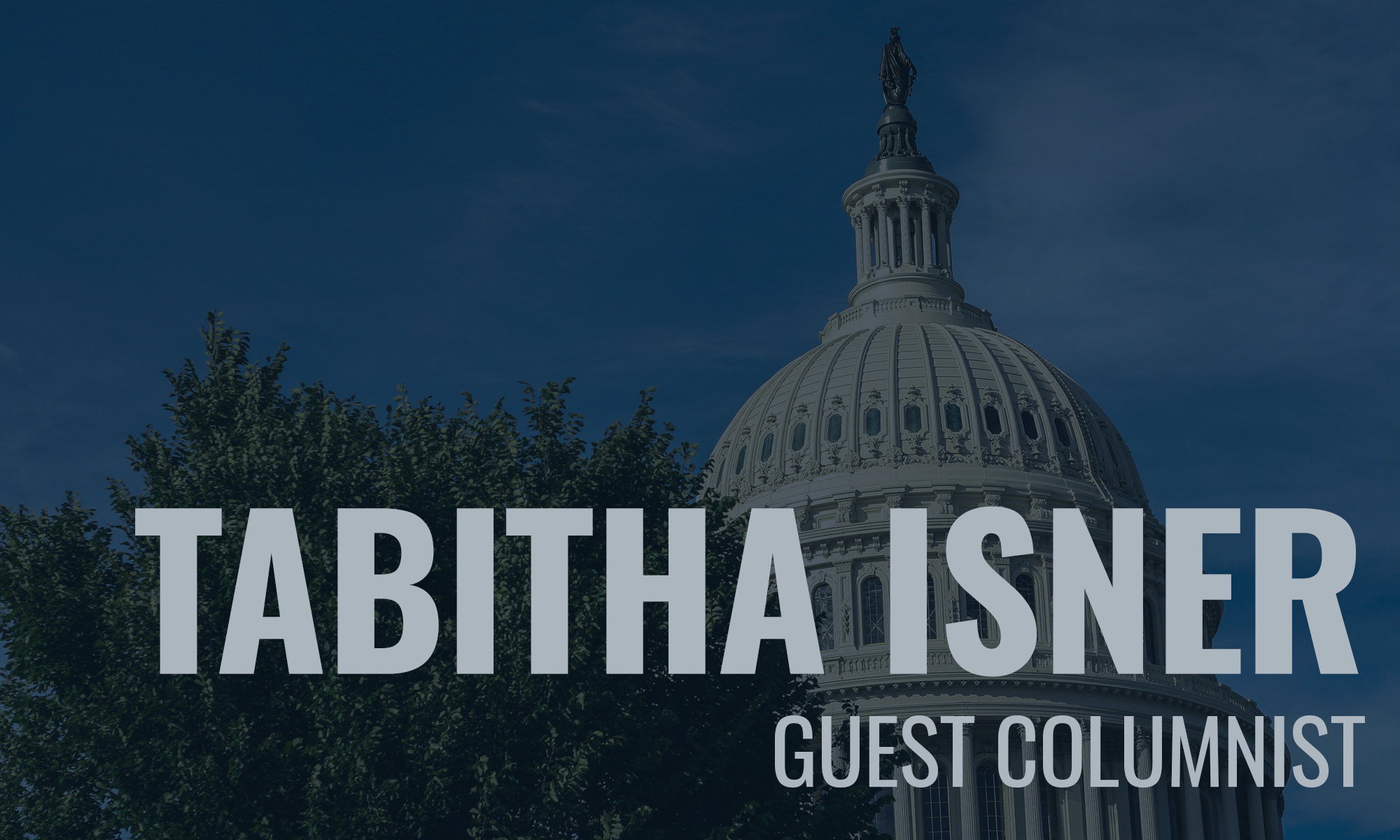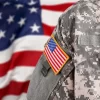The terrorist attacks on September 11 changed the lives of every American, including me, in a million different ways. I remember hearing the news that Tuesday while in the National Museum of Ireland. I was there with other Americans studying terrorism in Ireland and Northern Ireland. We had been hearing the Irish tell stories of ambushes, rioting, and car bombs, but when the news reached us within the quiet confines of a museum, we did not believe it. Surely such terror could not be happening on our own beloved soil.
For me, 9/11 meant a new sense of American vulnerability. But for our men and women in uniform and their families, 9/11 meant a profoundly different way of life. They courageously answered the call to service and have endured hardship, separation, and sacrifice on our behalf. Today, on the seventeenth anniversary of the attacks, we remember both the unwitting victims of a cowardly attack and the brave responders who ran toward danger in the hopes of saving others.
Through these last seventeen years, our service members have kept their promise to defend our freedoms, but we have not always kept our promises to them. For all that they do for us, we can and should ensure that they and their family members are supported during their service and taken care of when it is done.
First and foremost, we must do better for our veterans by providing excellent health care – for body and mind – both during and after their service. While we’ve made great strides as a society toward accepting and treating the invisible wounds of war, there is still so much to be done to help our vets address the health challenges that come after countless deployments and almost two decades of war. Right now, veterans discharged for PTSD-related behavioral problems can’t access VA mental healthcare. It is my belief that every veteran – regardless of discharge status – should be eligible to receive mental health services for life.
We must also take seriously our obligation to help our veterans succeed once they leave the service. Nationally, student veteran graduation rates are among the lowest of any group, in large part because predatory, for-profit colleges lure veterans into using their hard-earned GI Bill only to abandon them when they ask for support and guidance. Yet Betsy DeVos defends these predatory institutions and is rolling back restrictions on them. Being a non-traditional student is hard enough when a college is invested in their students’ success, but nearly impossible when they just see our veterans as a government-guaranteed check. We should be punishing predatory colleges that take advantage of student veterans and defraud the government of our tax dollars, not letting them off the hook.
We must also remember the families of our servicemembers, because strong military families are essential to a healthy and effective force. General Cotton at Maxwell AFB reminded us just a few weeks ago that failing Montgomery public schools are the reason that many assigned to Maxwell leave their families behind, and the reason many airmen choose to retire rather than take an assignment at Maxwell. What good is an F-35 in Montgomery if no one who can fly it wants to move their families here?
We can also support military families by ensuring that the Military Lending Act is proactively enforced, protecting military families from companies that prey on service members with high-interest loans and arbitration clauses that deny service members due process.
This 9/11, I am profoundly grateful for the men and women in uniform who stepped up and answered the call to service after that horrific day. We owe them – and all veterans – so much for their courage and sacrifice. We can and must do better by them. Let’s do more than wave flags on holidays. Let’s make Alabama a land of prosperity and opportunity for veterans and their families. Nothing could be more patriotic.


















































